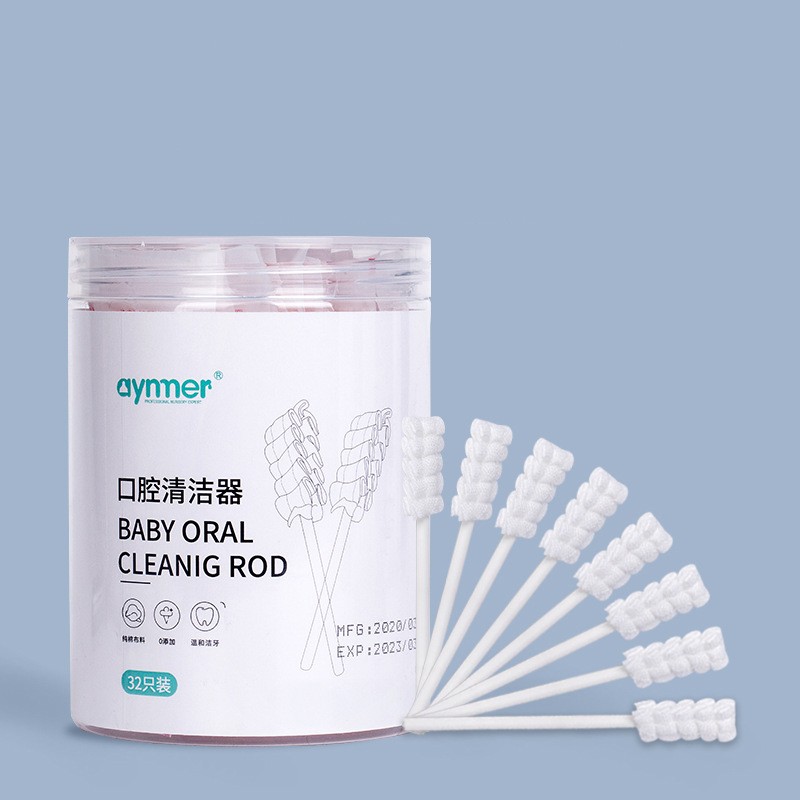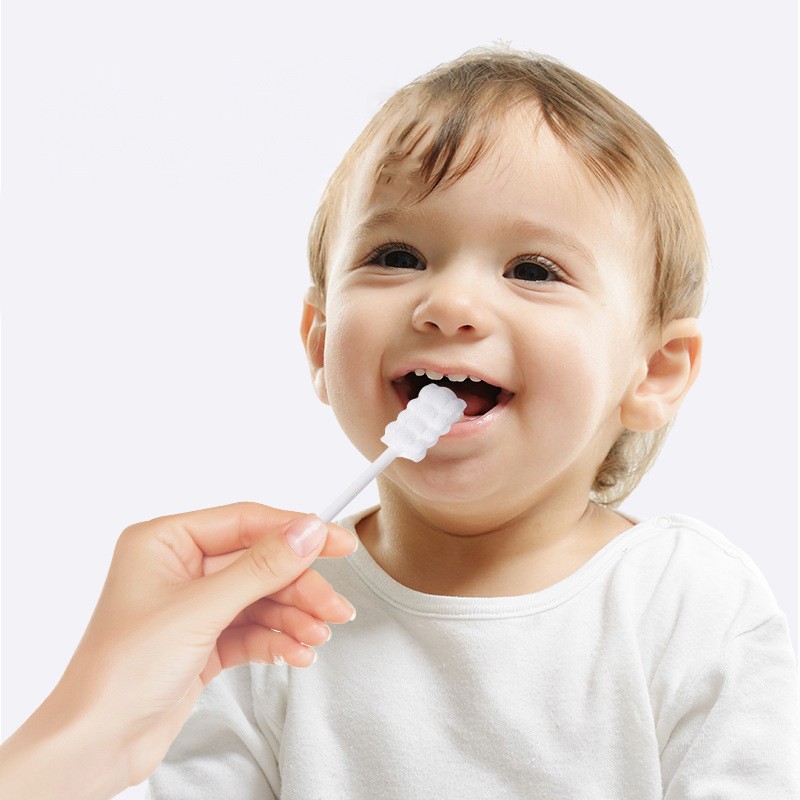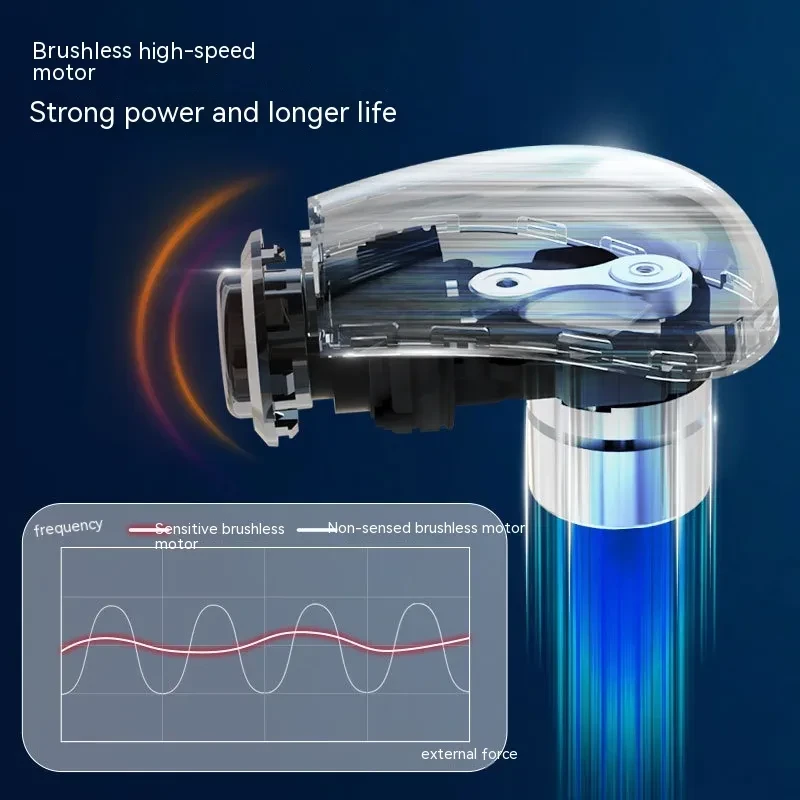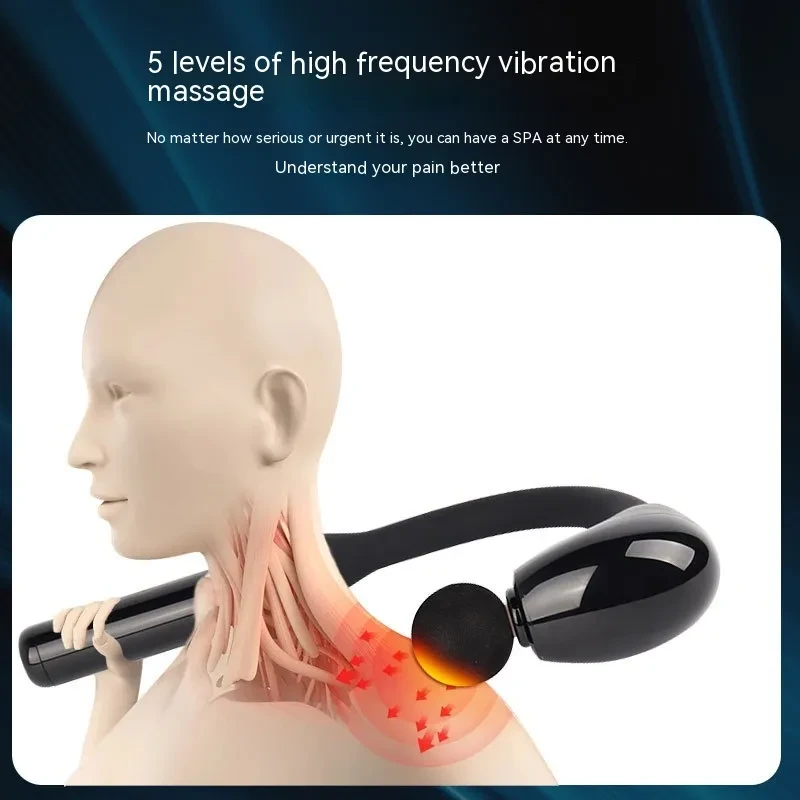Immediate Care Of Mother After Delivery
The immediate care of a mother after delivery is crucial for her health and well-being as she begins her postpartum recovery journey. Whether a mother delivers vaginally or via cesarean section, the first few hours and days after childbirth are critical for physical healing, emotional adjustment, and bonding with the newborn. Proper care and support during this time can reduce the risk of complications and help ensure a smoother transition into motherhood.
Physical Care After Delivery
Postpartum care focuses on healing the body, managing pain, and preventing complications following childbirth. The body undergoes significant changes during delivery, and the immediate care of the mother ensures that these physical changes are addressed.
-
Monitoring Vital Signs: After delivery, the mother’s vital signs, including blood pressure, heart rate, and temperature,
are closely monitored. This helps detect any immediate complications, such as excessive bleeding (postpartum hemorrhage) or infection, that
may arise after childbirth.
-
Monitoring for Bleeding: It's normal for a mother to experience vaginal bleeding (lochia) after delivery. The amount and
color of the blood will gradually decrease over several weeks. In the first few hours, healthcare providers will monitor the amount of
bleeding to ensure it is within normal limits and that there is no excessive hemorrhaging.
-
Pain Management: Both vaginal and cesarean deliveries come with discomfort. Pain relief options, including oral
painkillers, ice packs, and for cesarean section patients, prescribed medications, will be provided to help ease the pain. For vaginal
deliveries, perineal care (ice packs, sitz baths) can help reduce soreness and swelling in the genital area.
-
Uterine Contractions: After delivery, the uterus will contract to return to its pre-pregnancy size. These contractions can
be painful, especially during breastfeeding. Nurses may help manage this discomfort with medications or relaxation techniques.
Emotional Support and Mental Health
The immediate care of a mother after delivery should also include emotional support to help her adjust to the physical and mental challenges of motherhood. Childbirth can be overwhelming, and the postpartum period can bring a variety of emotions as the body recovers and new responsibilities set in.
-
Postpartum Depression Screening: It's important to assess the mother’s mental health after delivery. Postpartum depression
(PPD) is common but often overlooked. Healthcare providers will typically screen for PPD and other mood disorders, offering counseling and
support if necessary.
-
Emotional Well-being: The new mother may feel a range of emotions, from happiness and excitement to anxiety and fatigue.
The emotional changes, combined with hormonal fluctuations, can lead to mood swings. Emotional support from family, friends, and healthcare
providers is key to ensuring the mother feels supported during this time.
-
Breastfeeding Support: Many mothers may have challenges with breastfeeding in the early days. Immediate support and
guidance from lactation consultants or nurses can help mothers establish breastfeeding, addressing concerns like latch issues, sore nipples,
and milk supply.
Postpartum Physical Recovery: Vaginal and Cesarean Birth
Each type of delivery requires specific care for recovery. Whether the mother has a vaginal birth or cesarean section, the immediate postpartum care is tailored to her needs.
-
Vaginal Delivery Care:
-
Perineal Care: After a vaginal delivery, the perineum (area between the vagina and anus) can become sore or swollen. Ice
packs, sitz baths, and over-the-counter pain relievers help reduce discomfort. For mothers with tears or episiotomy (surgical incision),
specific care instructions will be given to promote healing and prevent infection.
-
Kegel Exercises: Once the initial recovery period is over, gentle pelvic floor exercises like Kegels can help restore
strength to the pelvic muscles, which may be weakened during childbirth.
-
Perineal Care: After a vaginal delivery, the perineum (area between the vagina and anus) can become sore or swollen. Ice
packs, sitz baths, and over-the-counter pain relievers help reduce discomfort. For mothers with tears or episiotomy (surgical incision),
specific care instructions will be given to promote healing and prevent infection.
-
Cesarean Section Care:
-
Incision Care: For mothers who undergo a cesarean section, it’s essential to care for the incision site to avoid infection.
This includes keeping the area clean, dry, and monitoring for signs of infection, such as increased redness or discharge.
-
Mobility and Rest: After a C-section, mothers are encouraged to gradually get up and move to prevent blood clots. However,
they should avoid heavy lifting and strenuous activity for several weeks to ensure proper healing.
-
Pain Management: In addition to oral pain relievers, mothers may need prescribed medication to manage post-surgical pain
after a cesarean section.
-
Incision Care: For mothers who undergo a cesarean section, it’s essential to care for the incision site to avoid infection.
This includes keeping the area clean, dry, and monitoring for signs of infection, such as increased redness or discharge.
Hydration and Nutrition
Proper nutrition and hydration are essential for the recovery process after childbirth. The body needs adequate nutrition to heal and recover from the demands of pregnancy and delivery.
-
Hydration: Postpartum mothers are encouraged to stay hydrated, especially if breastfeeding, as hydration is essential for
milk production and overall recovery. Water, electrolyte-rich drinks, and healthy fluids should be consumed regularly.
-
Balanced Diet: A healthy, balanced diet with plenty of fruits, vegetables, whole grains, and proteins is important for the
mother’s recovery. It provides the necessary vitamins and minerals for healing, supports milk production, and boosts energy levels during
this demanding time.
-
Iron and Calcium: Postpartum mothers may need extra iron to replenish their blood supply, especially if they experienced
significant blood loss during delivery. Calcium-rich foods are also important to support bone health and recovery.
Rest and Sleep
While it may be challenging for new mothers to rest due to the demands of caring for a newborn, getting sufficient rest is essential for the recovery process.
-
Postpartum Fatigue: Many mothers experience extreme fatigue after childbirth. Rest is vital for the body’s recovery and
mental health. When possible, mothers should sleep when the baby sleeps, ask for help from family and friends, and prioritize their own
rest.
-
Support System: Having a supportive partner or family member is crucial for ensuring the mother gets the rest she needs.
New mothers should be encouraged to accept help and delegate tasks when possible to avoid exhaustion.
Bonding with the Newborn
Immediate postpartum care includes facilitating bonding between mother and baby. The early days after birth are an essential time for developing a strong emotional connection.
-
Skin-to-Skin Contact: This early bonding experience is important for both the mother and the baby. Skin-to-skin contact
helps regulate the baby’s temperature, promotes breastfeeding, and enhances emotional bonding.
-
Breastfeeding: Establishing breastfeeding early on ensures that the baby receives the necessary nutrients and strengthens
the bond between mother and baby. It’s important to seek assistance from lactation consultants or nurses to ensure the baby is latching
properly.
Conclusion
The immediate care of a mother after delivery is a multifaceted process that involves addressing her physical, emotional, and nutritional needs. With proper medical care, emotional support, and adequate rest, a mother can recover and adjust to her new role as a parent. The first few days after childbirth are crucial for healing and establishing a strong foundation for postpartum recovery, which will help the mother feel supported and empowered as she embraces the challenges and joys of motherhood.
Enter your content here









.jpg)









.jpg)





.jpeg)





.jpeg)



.jpeg)








.jpeg)



.jpeg)

.jpeg)

.jpeg)

.jpeg)




.jpeg)
.jpg)

.jpeg)






.jpeg)
.jpeg)




.jpeg)





.jpeg)


.jpeg)

.jpeg)

.jpeg)

.jpeg)







.jpeg)
.jpeg)
.jpeg)





.jpeg)



.jpeg)






.jpg)
.jpeg)









.jpg)


ulva-Logo.jpg)




.jpeg)



.png)















.png)























